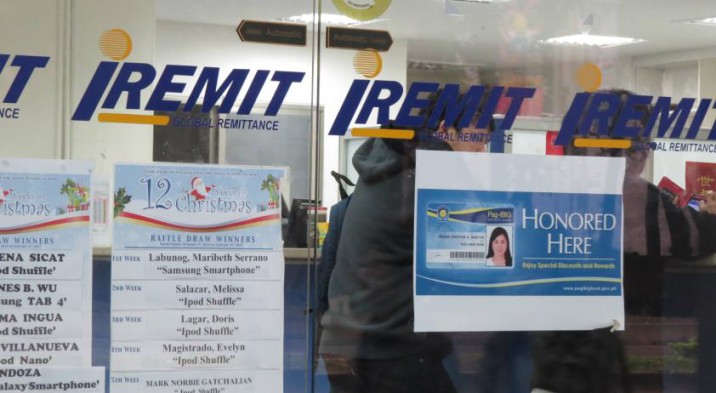
Joe De La Rosa, 27, is a Filipino dreaming big in Taipei. Every day for six days a week, he wakes up at 4am, takes breakfast and then bikes to his factory. There he cuts plywood and works for 12 hours. The work is hard, but he said he did not mind.
“It’s okay. I am making money and have a plan. After I finish this job, maybe I’ll go to New Zealand,” said De La Rosa, a graduate in airport customs who wants to open a restaurant once he is in New Zealand.
“I can cook, of course. Any culinary dish, I can make it good if I have jalapeños.”
So far, though, saving up for his future has not seen any success: in the three months that he has been in Taiwan, De La Rosa has yet to put aside any part of his earnings for himself.
Each month on his 25,000 Taiwan dollar (US$822) salary, he pays out for room, plus a 1,800 Taiwan dollar service charge to his Taiwanese labour broker. By the time he completes his three-year contract in Taiwan, he will have paid about $60,000 Taiwan dollar only in service charges.
Back in the Philippines, a second broker had charged him a one-time placement fee of 85,000 Philippine pesos, or $1,946. To cover the charge, De La Rosa took loan from a local bank and is now repaying the loan while interest accumulates.
If his Taiwan contract is terminated prematurely, he will return home to the Philippines in debt – a prospect that would likely deter him from seeking recourse from abuse.